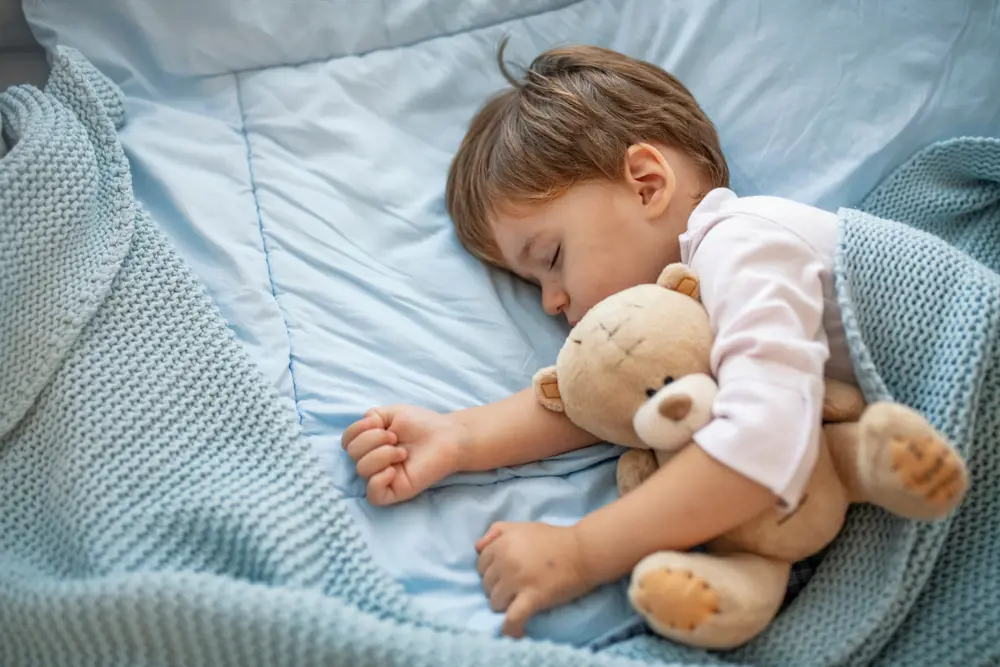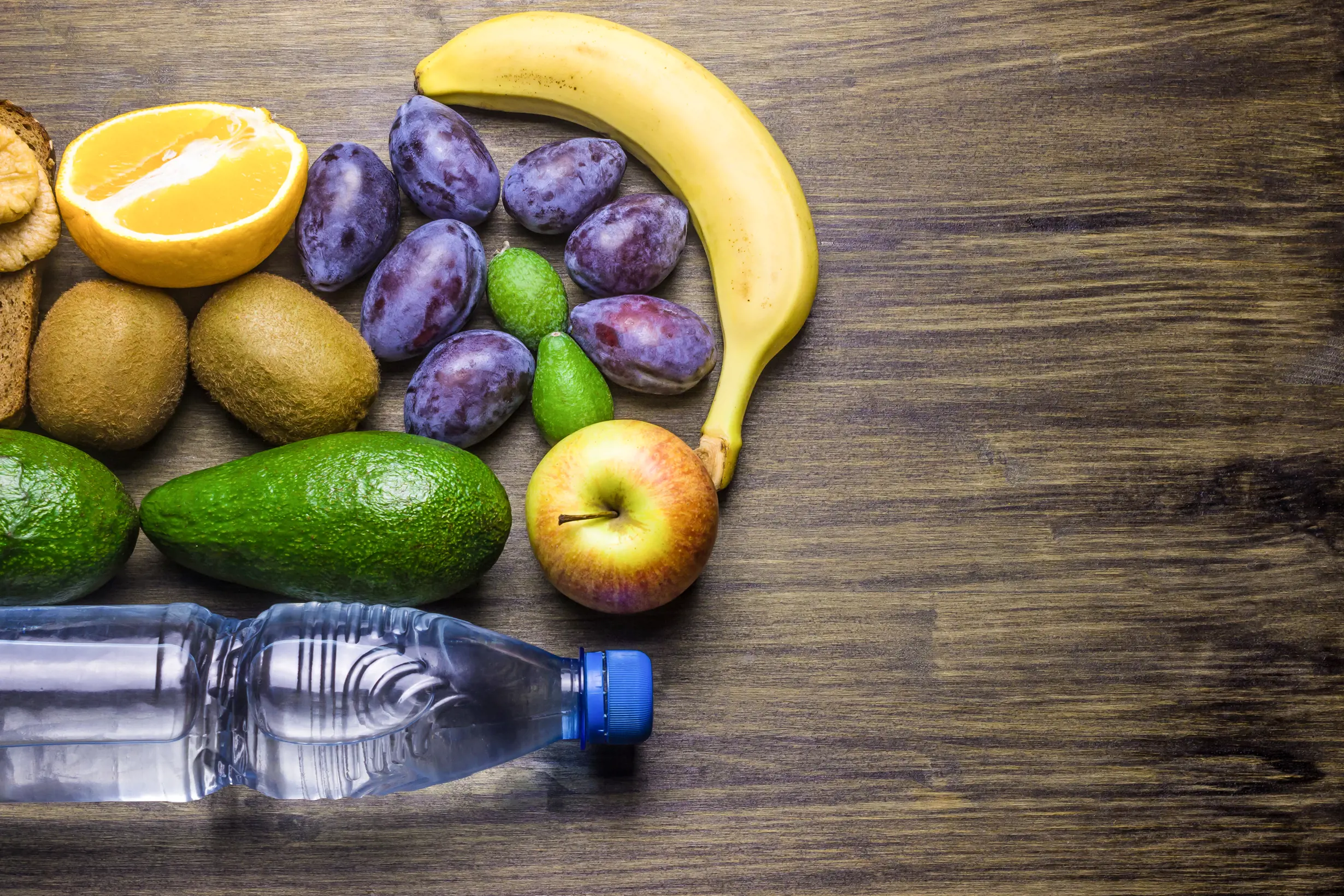
Your body and sleep
Ever wondered what happens when we fall asleep? Well depending on how well you sleep and for how long is the answer to what your body will be doing.
Healthy Living
By Bio Island Nutrition Team
The quality and quantity of sleep are both very important to how we wake up and feel the next day. Sleep can affect how we look, feel and perform.
Ever wondered what happens when we fall asleep? Is our body actually doing anything apart from the organs that never turn off like our heart and lungs? Well depending on how well you sleep and for how long is the answer to what your body will be doing. Each time we fall asleep our bodies almost have a check list of things it needs to do for us to continue functioning and wake up feeling refreshed.
The two main types of sleep that our bodies will run through during a sleep. NREM (non-rapid eye movement), which has 4 stages and REM (rapid eye movement).
NREM: Non-rapid Eye Movement where you spend 75% of the night, this is where you begin to fall asleep and is structured into 4 stages.
N1: this is where you begin to fall asleep and it is generally light
N2: this stage is where your heart and breathing rate are regular and your body temperature drops, and you become disengaged with your surroundings.
N3 and 4: This is where your body does the most work. Your body will drop your blood pressure, your breathing becomes slower and your muscles are relaxed. Tissue growth and repair will occur here, with hormones being release. This phase is the deepest sleep and your energy levels are stored.
REM: Rapid Eye Movement takes up the remaining 25% of your sleep and is where your dreams occur the most as your brain is most active at this stage. Here your muscles will switch off and your body will become completely relaxed and immobile. And as the name suggest your eyes are extremely active even though your eyelids are closed.
Your body will run through both phases a few times a night.
Some of the processes our bodies will do while we are asleep include:
- Muscle repair: During your deep sleep phase your body will release HGH (Human Growth Hormone) and prolactin with has anti-inflammatory properties which help the recovery of joints. Also, extra oxygen is supplied to the muscles which help assist in breakdown of lactic acid and your body will heal any minor muscle tears that may have occurred during the day.
- Memory consolidation: while you are sleeping your brain is sorting out the days information. Sleep helps the brain consolidate memories based on their importance and need for remembering.
- Release of hormones: A range of hormones are released at night and all have different purposes within the body. Melatonin controls your sleep patterns and then your pituitary gland releases growth hormone which helps your body grow and recover.
- Immune System Health: when asleep your immune system will release a protein called cytokines. These cytokines help your body fight off inflammation, infection and trauma. With deprived sleep or not suitable enough hours of it your immune system may not be functioning at its best.
- Anti-Diuretic Hormone (ADH): This hormone helps your kidneys manage the amount of water in your body. But at night your body will release a higher amount of ADH to prevent you from going to the bathroom several times at night.
- Nervous system: Your sympathetic nervous system is what controls your fight or flight response and when you are sleeping is when it gets a chance to relax.
Your body is an amazing machine and continues to show how it never stops trying to repair and grow. Sleep is an important part of the process and not to be taken for granted. Allow yourself to rest and have a peaceful sleep so your body can continue functioning and operating to its full potential.
This information does not take into account your personal situation and is general in nature. You should consider whether the information is appropriate for your needs and seek professional medical advice.
Always consult your healthcare professional before taking any supplements or if any concerns arise.





